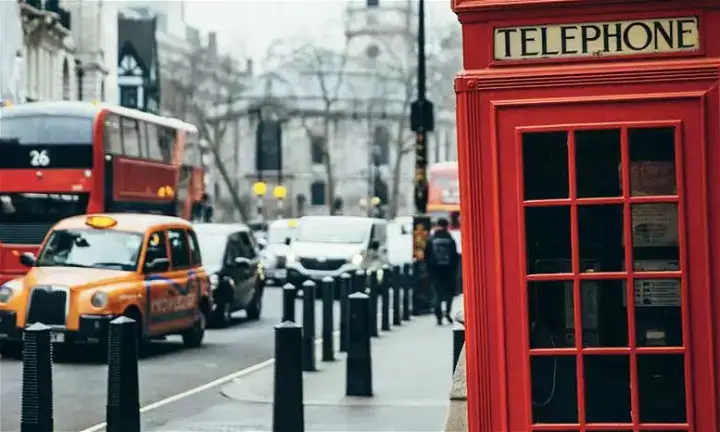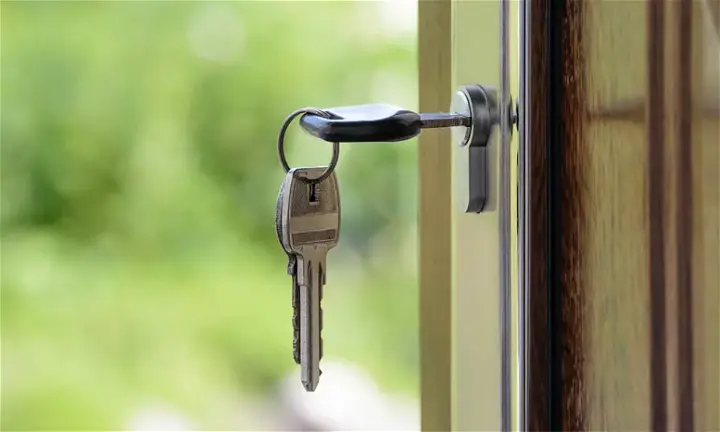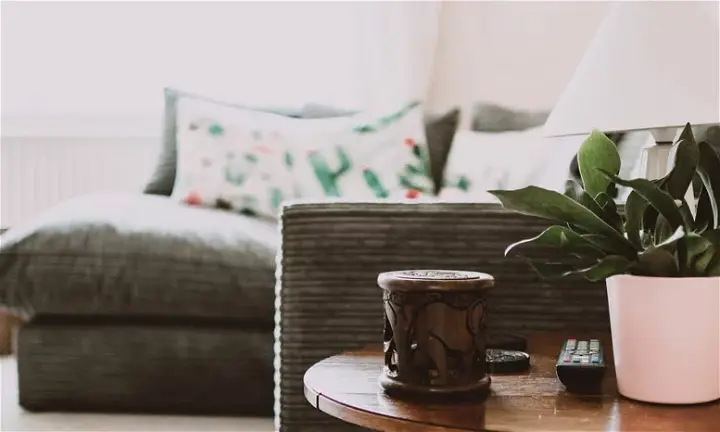
How to prepare your room for your new tenant
Thinking of renting out your spare room to a lodger or student? Here are a few tips on how to prepare your room before they arrive.
Things to think about before rentingBefore renting out your room, it is important to ensure that the room is big enough for the lodger or lodgers who wish to occupy it. Under the Housing Act of 1985, a room of less than 50 square ft (approximately 4.5m²) cannot be used as a bedroom and a room between 50 and 70 sq ft (approximately 6.5m²) is only half a bedroom. If you are a tenant you must consult with your landlord and is you are a mortgage holder you must inform your mortgage provider. Remember that if you rent to more than two people, your home will be considered a House in Multiple Occupation and therefore will be subject to different laws.
Before welcoming your tenant, you should prepare a written agreement. This is not normally the same as a tenancy as they are technically a lodger – there is no fixed term as these can often be shorter term rentals.This should include what rights the lodger does and does not have regarding the property. It should also set out any terms that you and your tenant have agreed upon.
If your tenant does not have access to a private toilet, bathroom or kitchen, you will need to add a covenant stating that they have the right to use the amenities of the bathroom, toilets and kitchen, including crockery and dishware. Be aware that your lodger has the right to use their private spaces as they see fit – they have the right to smoke or invite friends round.
You should also remember that you can benefit from tax deductible earnings under the UK government’s Rent a Room scheme – you can earn up to £7,500 a year untaxed, provided that you meet certain conditions. Visit the government site to learn more about the Rent a Room scheme.
Preparing your spare room for your tenantIt is a good idea to check the general condition of the room and any other rooms which the tenant will exclusively use. The walls and floors – whether paint or wallpaper, carpet or laminate – should be in good condition. All windows and doors should open and close correctly. The door should be equipped with a lock in order to ensure the privacy of your tenant.
Equally, it is important to check that all electrical items are functioning normally and up to standard: check any plugs, socks and batteries. For toilets, bathrooms and kitchens, whether they are communal or private, it is important that the furniture and amenities available to the tenant are all in good condition. Any gas appliances must be checked yearly and it is a good idea to fit and check smoke and carbon monoxide detectors.
The room should have at least : a bed, bedding, a desk, a wardrobe and a chair. All furniture, bedding and fabrics must contain a label certifying that it is fire resistant. Consider doing an inventory of the furniture, room and anything else in the tenant’s private space once they arrive. This will help identify who is responsible in the case of any damages.
Author: Roomlala



